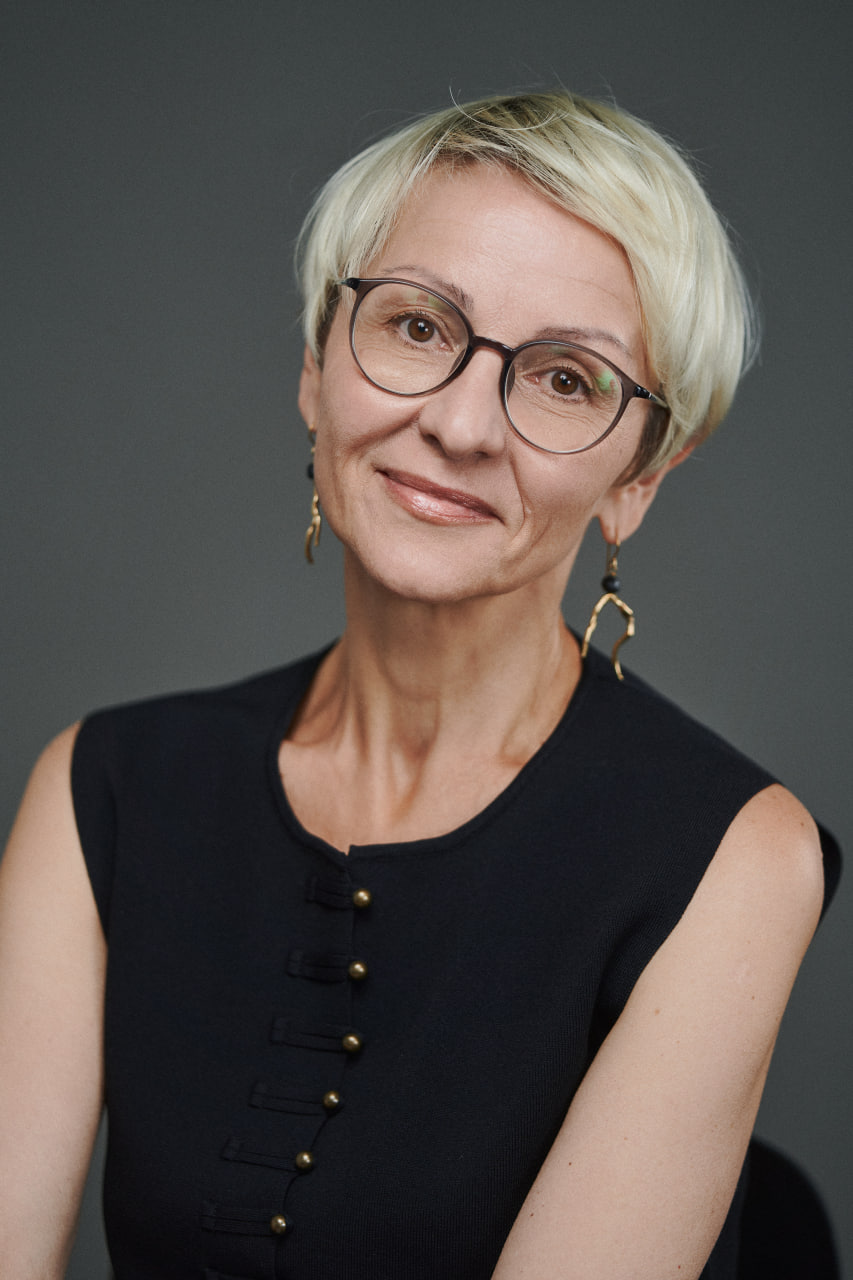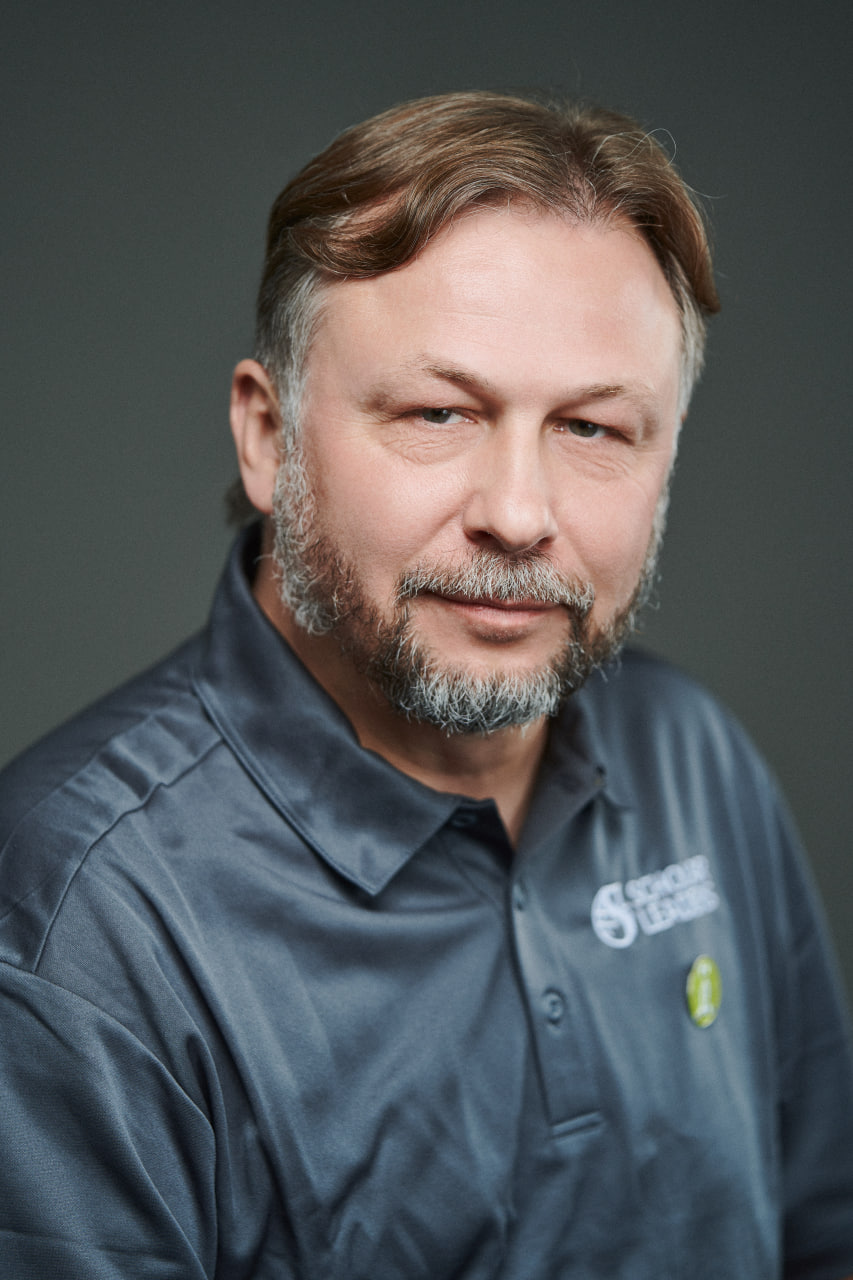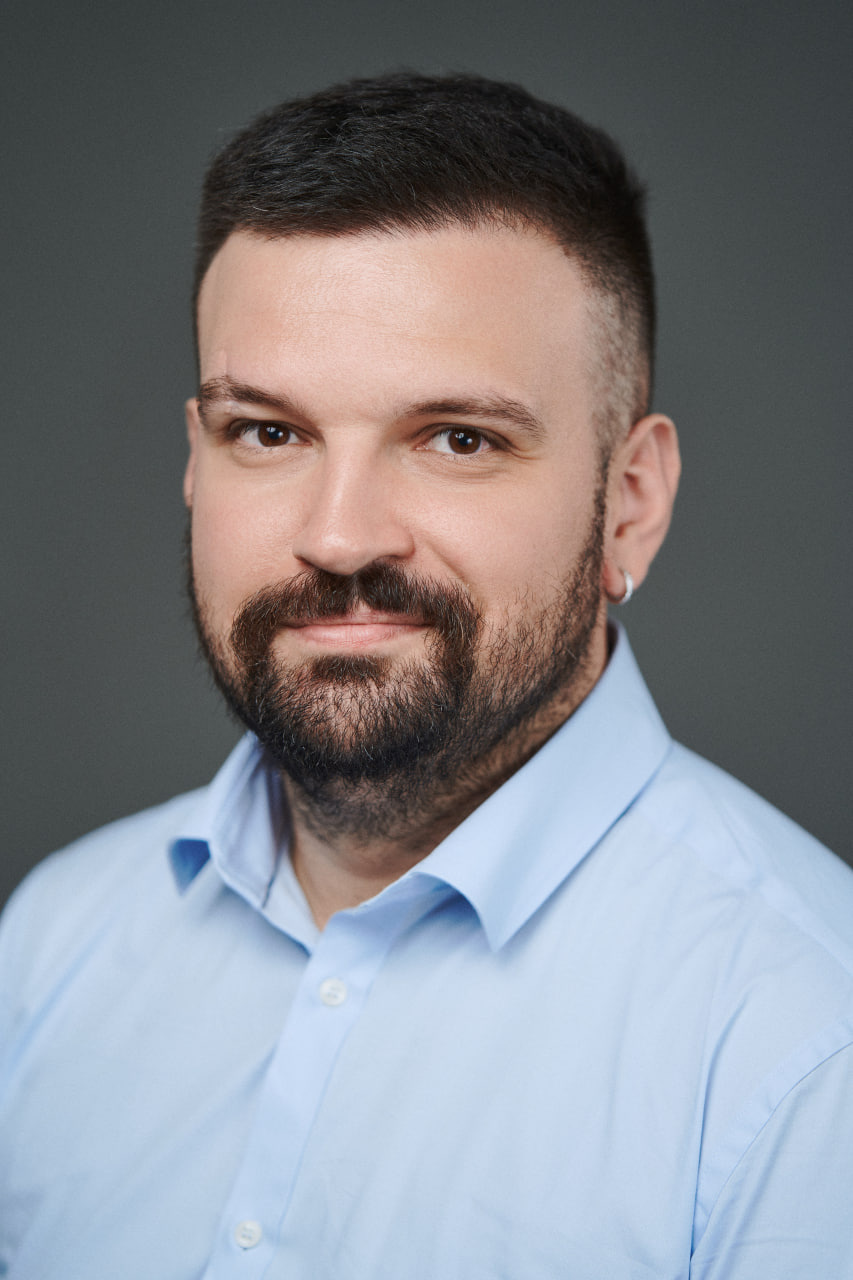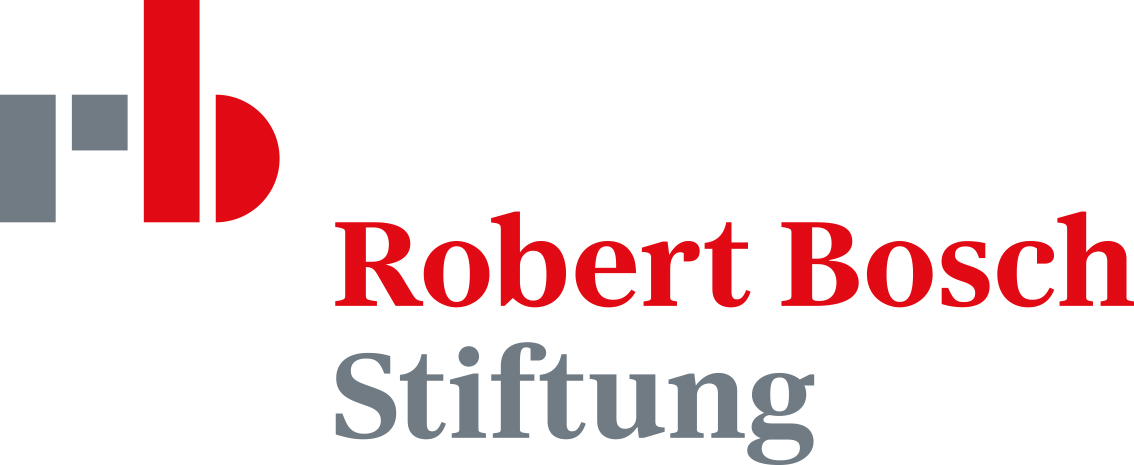
Dialogue in Action is a path to mutual understanding based on trust, respect, and radical honesty. It is not just words but a living process.

We build bridges between those who are ready for dialogue.
Our mission is to develop a culture of dialogue within Ukrainian society. The project is open to everyone who needs to speak and be heard without restrictions based on social group. We create a safe space where there is room for diverse beliefs, where conversations are built on mutual respect and shared values, and where representatives of any community are valued participants in the dialogue.
Dialogue in Action embodies the journey from rhetoric to concrete practice. Since 2016, we have been actively conducting training sessions, consultations, and facilitated dialogues. Project uniqueness is its flexible approach: we offer individual and group support, develop educational programs, conduct comprehensive research and analytics, and involve external specialists according to specific requests.
Dialogue in Action is a support for those who serve others. We are approached by representatives of both secular communities and leaders and believers of various religious organizations. For religious communities, we become guides into secular society, explaining the need for changes to meet modern challenges. For secular communities, we act as interpreters, helping to understand the specifics of religious beliefs, ideas, and practices. As a result, both communities get along with each other, and the level of trust between them increases. That is the point where the true dialogue begins.
В результаті обидві спільноти знаходять спільну мову, а рівень довіри між ними зростає. Це та точка, з якої може розпочатися справжній діалог.
We are for those who serve others. Our activity takes place at the intersection of religious and non-religious.
Our participants are people who are part of communities united by a common goal, values, desire for change and willingness to act for the common good.
We help representatives, ministers, and leaders of faith traditions strengthen their communities as part of civil society by rethinking familiar practices and adding new ones.
We promise to create a space for dialogue that promotes the mutual strengthening of religious and secular communities. Our platforms are built on the principles of trust and the development of positive social capital, providing a safe environment for the open exchange of thoughts and experiences.
Safety and sincerity are key principles of our work. We encourage sincere conversations without judgment, where so-called “radical honesty” is possible – open and honest dialogues that help communities learn to trust each other and work together for societal consolidation.

We aim to change the traditional culture of coercion, abuse of power, corruption, and avoidance, which unfortunately still persists in Ukrainian society. Our goal is to develop a culture of sincerity, open communication, and cooperation. We do not promise to achieve complete mutual understanding, but we do everything possible to ensure open communication so that both sides can hear each other.
Secular and religious societies often exist separately, lacking an understanding of each other's specifics. This isolation creates a “ghetto” effect, leading to stereotypes and misunderstandings. Our task is to break this circle of isolation, promoting mutual understanding and communication that will help overcome barriers and build new connections. We create a common space where participants can not only express their thoughts but also hear and accept the views of others.
Our goal is to develop more platforms for open and honest conversations in society where different views can be expressed without fear or judgment.
.jpg)
We provide a platform where religious and secular communities can come together through discussions and joint resolution of pressing issues.
We create conditions where initial contact grows into real interaction, leading to joint actions and projects.
We develop a culture of mutual acceptance and understanding of each other's strengths in order to join and achieve common goals.

We propose dialogue and cooperation as key tools for building trust and mutual understanding, especially in the context of escalating conflicts and divisions in society. Ignoring and silencing can lead to a social crisis.
.jpg)
Through interaction with others, participants learn about themselves without losing their own identity. Without feeling threatened by each other, they are ready to work together for the common good.
Our dialogues during wartime demonstrate that trust-based cooperation accelerates problem-solving. Through cooperation, a community achieves goals faster and more effectively, and the level of social cohesion and openness increases.




Our logo is a reflection of the dialogical process.
The ancient fonts, created by the hand of the famous Kharkiv calligrapher Oleksiy Chekal, reflect the Ukrainian identity of our organization.
Their combination also matters. “Dialogue” is depicted as a clear constant, a permanent element of our work. It demonstrates the constancy of values and key principles. At the same time, the image of the words “inaction” symbolizes forward movement, the dynamics of development. Three dots indicate the duration of the process.The ability to make changes without betraying one’s own values is an indicator of true development of society.
We strive to support and catalyze this process through Dialogue in Action.

Co-founder of the NGO "Dialogue in Action", sociologist of religion and analyst, dialogue facilitator and trainer in restorative practices. Her work focuses on the dissemination and adaptation of peacebuilding practices with a special focus on religious communities. Additional specialization is conflict/context analysis and qualitative research design.
Email:
soc.injener@gmail.com

Co-founder of the NGO "Dialogue in Action", researcher, analyst and dialogue facilitator. He has professional training and numerous works in psychology, anthropology and theology. His specialization is Islam, political activism in Islam and transnational Islamic movements
Email:
dbrilyov@gmail.com
.png)
Co-founder of "Dialogue in Action". A professional theologian and cultural expert, she is engaged in the study of art through the prism of Christian theology. She has experience in professional translation and preparation of books on humanitarian disciplines. Jointly implemented primary peacebuilding projects with DiA.
Email:
lidiya.lozova@gmail.com

Facilitator, trainer and analyst in "Dialogue in Action". Professional sociologist, psychologist, dialogue facilitator and mediator, developer of educational programs. Her main activity is focused on the implementation of educational programs, trainings, dialogues, research, holding support groups.
Email:
dialogfmd@gmail.com

Co-coordinator of "Dialogue in Action", dialogue facilitator and project manager. She has professional training in the field of correctional pedagogy and inclusive education, conflict transformation and peacebuilding, as well as experience in developing and implementing peace initiatives for children affected by war.
Email:
anna.dvbk@gmail.com

Vice-Rector for Development and International Cooperation at the Eastern European Institute of Theology; Regional Director for Scholar Leaders in Eastern Europe; Consultant on Theological Education for Mesa Global; Chair of the International Evangelical Theological Alliance. In 1997, he graduated from Donetsk Christian University (Donetsk, Ukraine) with a Bachelor’s degree in Theology. In 2005, he earned a Master of Theology degree from the Evangelische Theologische Faculteit (Leuven, Belgium), specializing in New Testament Textual Criticism. From 1998 to 2009, he served as Assistant Lecturer, Librarian, Professor, and Academic Dean at Donetsk Christian University. From 2008 to 2011, he was Director of the Slavic Research and Resource Center, and from 2011 to 2019 he served as Education Development Coordinator for the Eurasian Accrediting Association. Between 2012 and 2022, he represented the EAAA on the International Council for Evangelical Theological Education. He also has experience serving on the Public Council for Cooperation with Churches and Religious Organizations under the Ministry of Education and Science of Ukraine (2012–2025), the Ministry’s Commission on State Recognition of Higher Theological Education Credentials, and the Subcommittee on Theology of the Scientific and Methodological Commission for the Humanities and Theology in the Higher Education Sector of the Scientific and Methodological Council of the Ministry of Education and Science. He is currently a member of the Advisory Board of Theologians Without Borders. Since 2011, his primary professional focus has been the development of theological education structures, initiatives, and projects in Eastern Europe. His passion lies in advancing missional theological education for participation in God’s mission in the world and engagement in peacebuilding processes. Taras has over 20 years of experience teaching theology and New Testament exegesis. At “Dialogue in Action,” he supports fundraising efforts, develops educational materials, and conducts training programs.
Email:
tdyatlik@scholarleaders.org

Logist and financial manager of the "Dialogue in action" organization. Former professional officer, economist and owner of a small veteran business.
Email:
texnafedir@gmail.com

Manager of educational programs and co-coordinator of "Dialogue in Action". Professional theologian and social worker, dialogue facilitator and developer of educational programs. Specialization – development and research in the field of theology of memory.
Email:
dmytro.fedorchak@gmail.com
.png)
The United States Institute of Peace is a national, nonpartisan, independent institute, established by Congress, dedicated to realizing the proposition that a world without violent conflict is possible, practical, and essential to U.S. and global security. In conflict zones abroad, the Institute works with local partners to prevent, mitigate, and resolve violent conflict. To reduce future crises, USIP works with governments and civil society to build local capacity for the peaceful resolution of conflict. The Institute fulfills its mission by combining research, policy, training, analysis, and direct action to support those working to build a more peaceful and inclusive world.

The mission of the“Institute of Peace and Common Ground” team is to build dialogue for the development of groups, organizations, and communities and to achieve positive, sustainable changes. The Institute’s activities are related to the search for what unites different people or groups in complex conflict situations, to the reconstruction and healing of broken relationships, to overcoming barriers that have arisen in communication. The idea of a restorative approach is at the heart of it, which was developed as an alternative philosophy of conflict resolution. The practice of a restorative approach allows the parties to decide how to restore lost trust and relationships, correct the consequences of the conflict, and avoid a recurrence of a similar situation in the future. The dialogue takes place in conditions of confidentiality and mutual respect and with the help of a mediator.

ETHOS is a web platform created in 2020 that unites research and educational projects initiated at different times by the Kyiv scientific and publishing association “Spirit andLetter” and the St. Clement Center: communication and dialogue of cultures. Namely, the Kyiv Summer Theological Institute, Assumption Readings, Dialogue in Action.The platform got its name from the document “For the Life of the World.
On the Path to the Social Ethos of the Orthodox Church”, developed by the Ecumenical Patriarchate of theOrthodox Church in 2020. From 2020 to 2022, ETHOS has prepared a program of theological, philosophical and other online courses from lecturers from around the world, which you can familiarize yourself with on our website. The range of topics is inspired by the main intentions of “For the Life of the World”:openness of Christianity to the modern world with its challenges, Christian affirmation of human dignity, ecumenical dialogue and others. Since February2022, the main project of the Ethos has become God Against War, aimed at supporting Ukrainian Christians opposing Russian aggression against Ukraine.

The Mediation and Dialogue Research Center at Kyiv-Mohyla Academy aims to generate high-quality academic research that will influence the practice of conflict transformation in Ukraine.
The Center conducts research on mediation and dialogue as tools for conflict transformation to counter violence and the consequences of armed conflict in context of positive peace and reform in Ukraine. The Center’s projects concern dialogue models and associated risks, mapping civil society in peacebuilding, monitoring dialogues on tracks 1.5-3 across Ukraine, engaging civil society in dialogue processes and peace negotiations, and the impact and evaluation of dialogue. In addition to academic research, the Center’s members teach courses and modules on conflict resolution and mediation in undergraduate and graduate programs at the faculties of law, political science, international relations, and public administration of Kyiv-Mohyla Academy. The Center maintains close ties with conflict transformation practitioners; its research is practice-oriented and draws on an “action research” approach. It also responds to inquiries from international organizations working in Ukraine, local NGOs, communities of mediators and dialogue facilitators.

The members of the Working Group are engaged in interdisciplinary ethnographic research on living religion and public life in Eastern Europe and Eurasia. Their focus on living religion focuses on the encounters, exchanges, and inter weavings that generate religious practices, beliefs, and feelings. The Working Group examines contemporary forms of popular religiosity and the experiences of the transcendent that they offer, as well as institutional forms of religion and their transnational and global connections.
The Working Group is along-term research network bringing together anthropologists, sociologists, and historians, and aims to promote the critical study of religion in the region by supporting original research and publications on the impact of religion on contemporary society and political life. Their activities cover such topics as religion in public space, experiences of sacred places, religion and public life; conflict and reconciliation.

Church in Action is a charitable organization of the Protestant Church in the Netherlands to support partner churches and NGOs in more than 30 countries around the world. The main focus is on children and young people at risk, as well as strengthening the role of churches in society to combat poverty and injustice. A true church is an active church. The work of Church in Action focuses on creating an equal society and implementing child protection policies. The Church's work is based on a zero-tolerance approach to child abuse and child labor.

The public organization“St. Clyment Center: Communication and Dialogue of Cultures” was founded in 2007 with the blessing of His Beatitude Volodymyr, Metropolitan of Kyiv and All Ukraine. The method of creating the Center was determined to promote dialogue between broad cultural traditions and implement spiritual and theological education, primarily among the academic community, intelligentsia and youth.Along with the actualization of the classical Christian heritage, the Center also seeks to develop dialogue with modern culture in a Christian perspective.

MIRAMIDA is the first peacebuilding project in the post Yugoslav countries since 1995. The MIRAMIDA training system includes the Youth, Basic, Plus and Partnership programs in various formats. All of them were implemented in Croatia, Bosnia andHerzegovina, Serbia, Macedonia and Ukraine, as well as the Peacebuilding Daysin Groznjan-Grišnjana, Istria, Croatia.
The main topics of the trainings are: strengthening the capacity of active citizens, nonviolence, human rights and conflict transformation.
MIRAMIDA is a collectiveterm consisting of MIRA, AMI, and DA (“yes”), which has several meanings, including the embodiment of the Pyramid of Peace, where the most importantthing is the focus on its foundation (the third track according to J. P. Lederak). The founder of MIRAMIDA, the main partner and friend of Dialogue in Action, is Goran Božičević, whose book “Building Dialogue” you can find inUkrainian translation.

Scholar Leaders exists to encourage and enable Christian theological leaders from the Majority World for the Global Church. Scholar Leaders’ vision is to cultivate theological leaders from around the globe for lifetimes of impact in the Church and on societies.
Within days of Russia’s invasion in 2022, Protestant seminaries responded to the crisis with immediate action. They evacuated people fleeing violence, offered shelter to refugees as they moved toward safety, provided food, medicine, and humanitarian aid to those who came to their campuses. By the end of 2022, the coordinated work of the seminary hubs had provided care for nearly half a million people.

Mesa Global was founded on the idea of bringing people together. To align efforts in support of God’s redemptive work. We believe in the Global Church. We believe in its leaders. And we believe in the good that can happen when we all come around the table.
Since 1946, we’ve been equipping the church and its leaders. We best fulfill our calling when we serve with the Global Church to equip local believers for ministry. As we help plant churches, assist ministries of mercy and justice, and contribute to theological education and training, we seek the holistic formation of current and emerging leaders.
.png)
The Network for Religious and Traditional Peacemakers facilitates connections between grassroots peacemakers and global players to enhance sustainable peace efforts. It supports the positive influence of religious and traditional actors in collaborative peacebuilding and peace mediation.
With a vision of a world where religious and traditional actors play a positive role in preventing violence and contributing to sustainable peace, the Network for Religious and Traditional Peacemakers aims to improve the effectiveness of peacebuilding by increasing the inclusivity of such peace processes.
The Network for Religious and Traditional Peacemakers was initiated in 2013 as a direct result of UN Secretary-General Ban Ki-moon’s report titled “Strengthening the role of mediation in the peaceful settlement of disputes, conflict prevention and resolution” (UN GA Report A/66/811, 2012) and the supporting guidance titled “UN Guidance for Effective Mediation” (UN GA Resolution 65/283, 2012).

Sankt Ignatios is an Inter-Orthodox Theological Institution, facilitating education, greater cooperation and understanding between the Oriental Orthodox Churches and The Byzantine Orthodox Church under the vision: Learning the Art of Being Many.
With this common vision they recognize that plurality changes perceptions, fostering communities and stimulate dialogues. Sankt Ignatios strive to be an innovative place where students and scholars with different traditions and worldviews gain new knowledge, develop new thoughts, and build new relationships. They strive to educate leaders able to develop democratic structures, be able to design a culture of participation as well as working for the common good of society.
Official webpage: https://www.sanktignatios.org/

The Robert Bosch Stiftung is active in the areas of health, education, and global issues. Through its funding, it works for a just and sustainable future. The Foundation is rooted in the legacy of the entrepreneur and founder Robert Bosch. Today, around 170 people are employed at its Stuttgart and Berlin offices. We collaborate in the field of developing peacebuilding practices and systemic educational programs for adult professionals.

The Strategic Religious Engagement Hub is an initiative dedicated to supporting the United States government’s capacity for strategic religious engagement (SRE) in the contexts of diplomacy, development, and defense. Hosted by the Berkley Center for Religion, Peace, and World Affairs at Georgetown University.